The calendar followed by Muslims is known as the Islamic calendar. The Islamic calendar is a lunar calendar and it is based on the lunar observations. It has 12 lunar months and there are 354 to 355 days in total. With the help of this calendar, all the days of Islamic holidays are decided. The current Islamic year is 1441 AH and it started on 1st September 2019 and ends on 20th August 2024. The name of 12 months of Islamic or Hijri calendar is as follows:
- Muharram
- Safar
- Rabi-ul-Awwal
- Rabi-us-Sani
- Jumada-al-Awwal
- Jumada-us-Thani
- Rajab
- Shaban
- Ramadan
- Shawwal
- Dhu al-Qidah
- Dhu al-Hijjah
Now we will discuss the Islamic holidays or Hijri calendar that will take place in 2024 and on what dates according to the Gregorian Calendar. We will also discuss the background and reason behind these public holidays.
22nd Shab-e-Meraj (Optional Holiday)
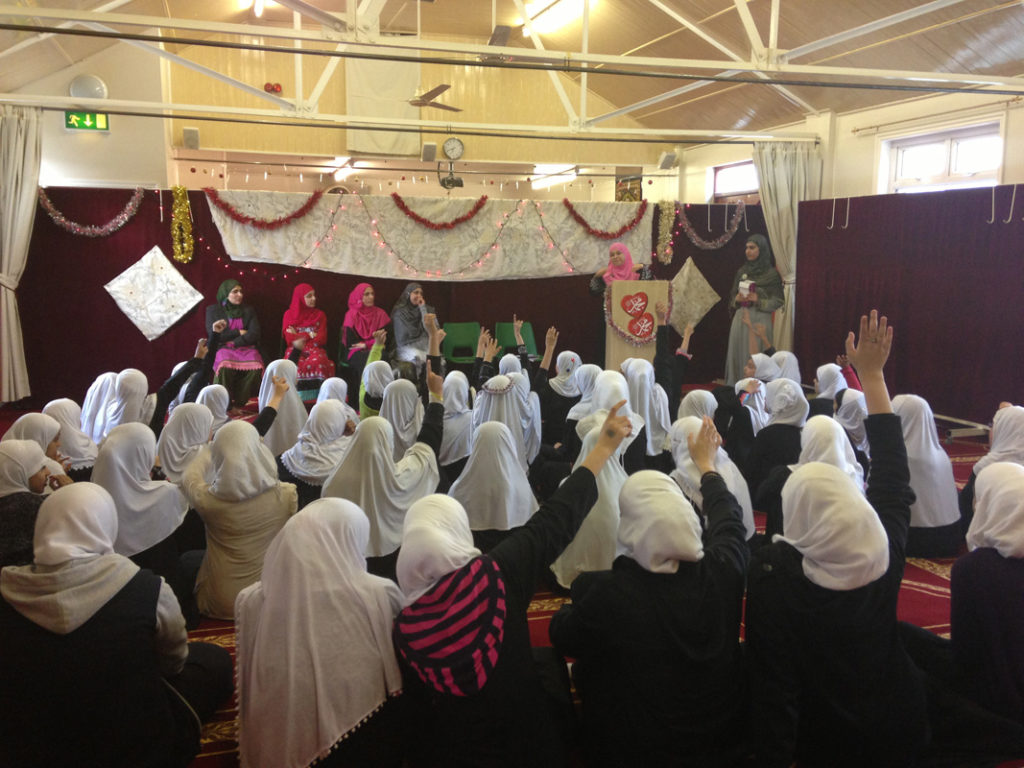
According to the Hijri calendar, this event took place on the 27th day of the month of Rajab. It is the day on which Prophet Hazrat Muhammad went on the famous journey of Meraj. Meraj is described as the journey on which Allah took Prophet Muhammad and during that journey, Prophet Hazrat Muhammad saw hell, heaven and talked to Hazrat Isa (A.S.) and Hazrat Musa (A.S.). It is also said that during this journey Prophet Hazrat Muhammad received the instructions of the Islamic prayer known as Namaz or Salah.
8th April Shab-e-Barat (Optional Holiday)

According to the Hijri calendar, this event takes place on the night between 14th and 15th Shaban which is the eighth month of the Hijri calendar. The meaning of the word Shab-e-Barat is the night of salvation or the night of freedom from hellfire. It is the night where it is advised to Muslims by Holy Prophet Muhammad to stand and pray at the night and observe a fast throughout the day because at this night Allah forgives the sins of the sinners. Muslims celebrate this day by praying for forgiveness to Allah all night as this is the night of forgiveness.
24th – 27th May Eid-ul-Fitr (Public Holiday)
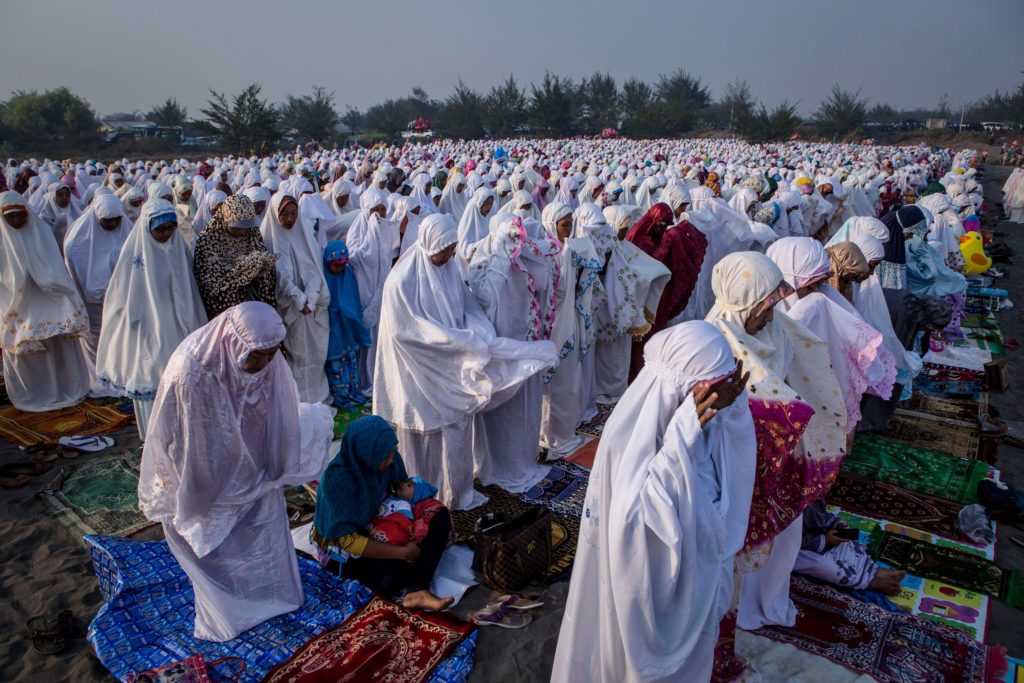
According to the Hijri calendar, this holiday falls on the first day of the month of Shawwal. This holiday is right after the end of Ramadan which is the month in which all the Muslims around the globe fast for a complete month. Eid-ul-Fitr celebrations are different in each part of the world because they might fall on the same day as it takes place for certain countries. As Hijri calendar is based on the lunar calculations so in some parts of the world Eid-ul-Fitr is celebrated one day apart.
The month of Ramadan ends on the sighting of the moon and the moon may be seen in some countries and may not be seen in some other countries hence the difference of date of celebration of Eid-ul-Fitr. Muslims celebrate Eid-ul-Fitr on the completion of fasting for a whole month and this celebration is given as a reward to Muslims by Allah Almighty. On this people offer Namaz and attend communal prayers at the start of the day and then they give charity which is known as Zakat al-Fitr and this charity is usually done in the form of food.
31st July to 2nd August Eid-al-Adha (Public Holiday)
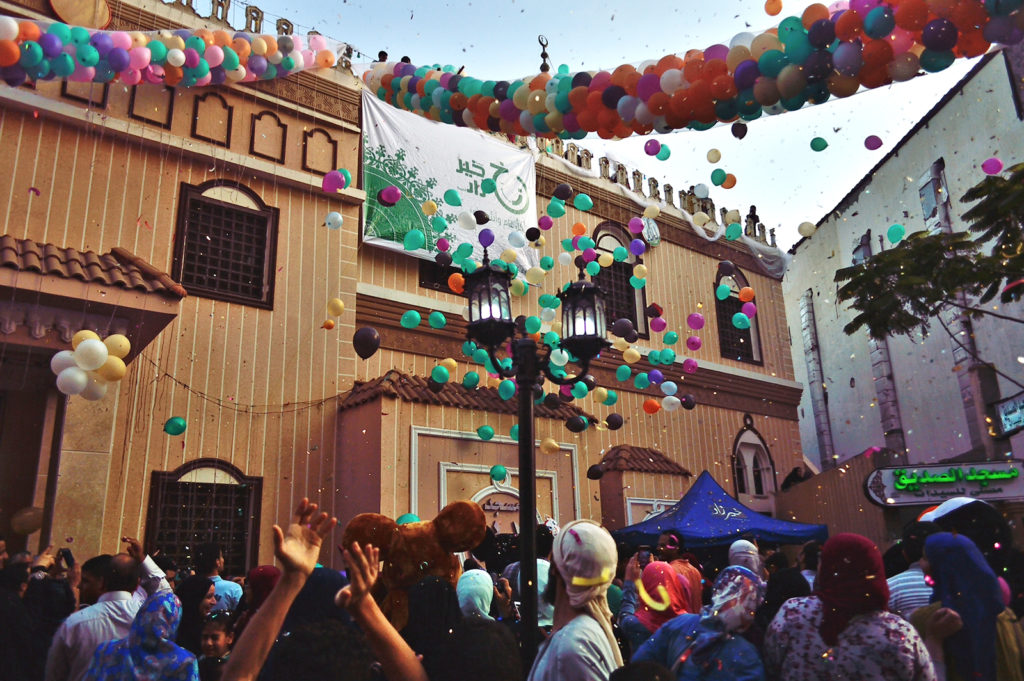
According to the Hijri calendar, Eid-al-Adha falls on the 10th of Dhu al-Hijjah. This Islamic festival is celebrated to commemorate the willingness of Hazrat Ibrahim (A.S.) to follow Allah’s will and sacrifice his son in Allah’s name. The background of this holiday is that Hazrat Ibrahim (A.S.) was commanded by Allah to sacrifice his son Hazrat Ismail (A.S.) for Allah. Hazrat Ibrahim (A.S.) obeyed the command of Allah and took Hazrat Ismail (A.S.) to Mount of Moriah.
When Hazrat Ibrahim (A.S.) was about to sacrifice his son Hazrat Ismail (A.S.) Allah replaced him with a ram. In the remembrance of this event, Muslims sacrifice animals such as goats, camels and cows on this day.
28th – 29th August 1st and 2nd day of Ashura (Public Holiday)
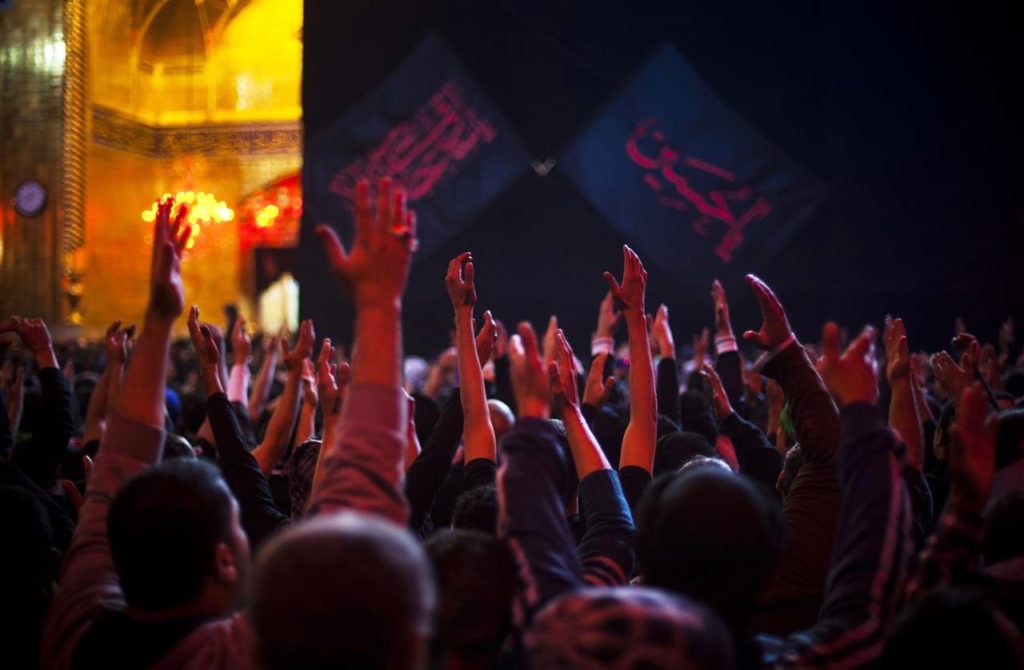
According to the Hijri calendar, the 1st day of Ashura falls on the 10th day of Muharram which is the first month of the Hijri calendar. The 2nd day of Ashura falls on the 11th day of Muharram which is the first month of the Hijri calendar. It is a day of mourning among Muslims as it is the day on which the grandson of Holy Prophet Muhammad and the son of Hazrat Ali ibn Abi Talib (R.A.), Hazrat Hussein (R.A.) was martyred in the battle of Karbala against Yazid.
The followers of the Shia sect on this day dress up in black dresses in the remembrance of this day and in some cases Shia men flog themselves so that they can feel the pain. It is advised to observe a fast on this day.
29th October Eid Milad un-Nabi (Public Holiday)
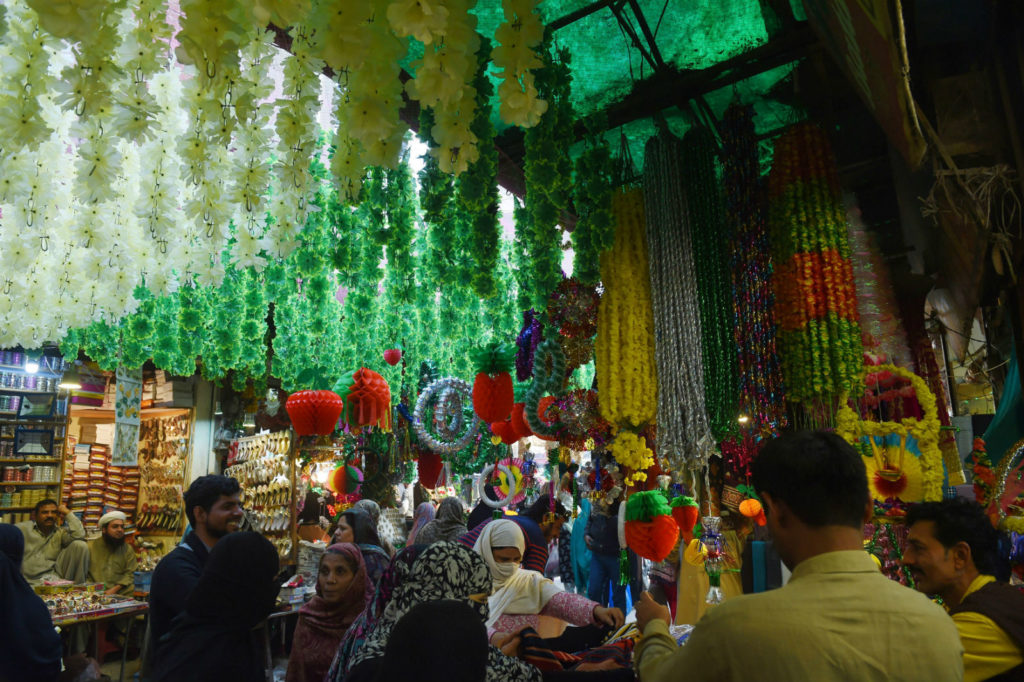
According to the Hijri calendar, Eid Milad un-Nabi takes place on the 12th of Rabi-ul-Awwal and it is the birthday of Holy Prophet Hazrat Muhammad. Rabi-ul-Awwal is the most significant and important month among all the months of the Hijri calendar as it is the month in which Prophet Hazrat Muhammad was born. It is the third month of the Islamic calendar. In Pakistan, this day is started with an official 31-gun salute at the federal capital and a 21-gun salute at the provincial headquarters.
Special prayers are offered in mosques and the teachings of Prophet Hazrat Muhammad are discussed in detail. Stories from the life of Hazrat Muhammad are discussed and many people do acts of charity in the remembrance of the acts of kindness of Prophet Hazrat Muhammad. Conferences are held on federal and provincial levels in which religious scholars and intellectuals come together and shed light on the life and sayings of Prophet Hazrat Muhammad. People also visit orphanages and distribute food there.
